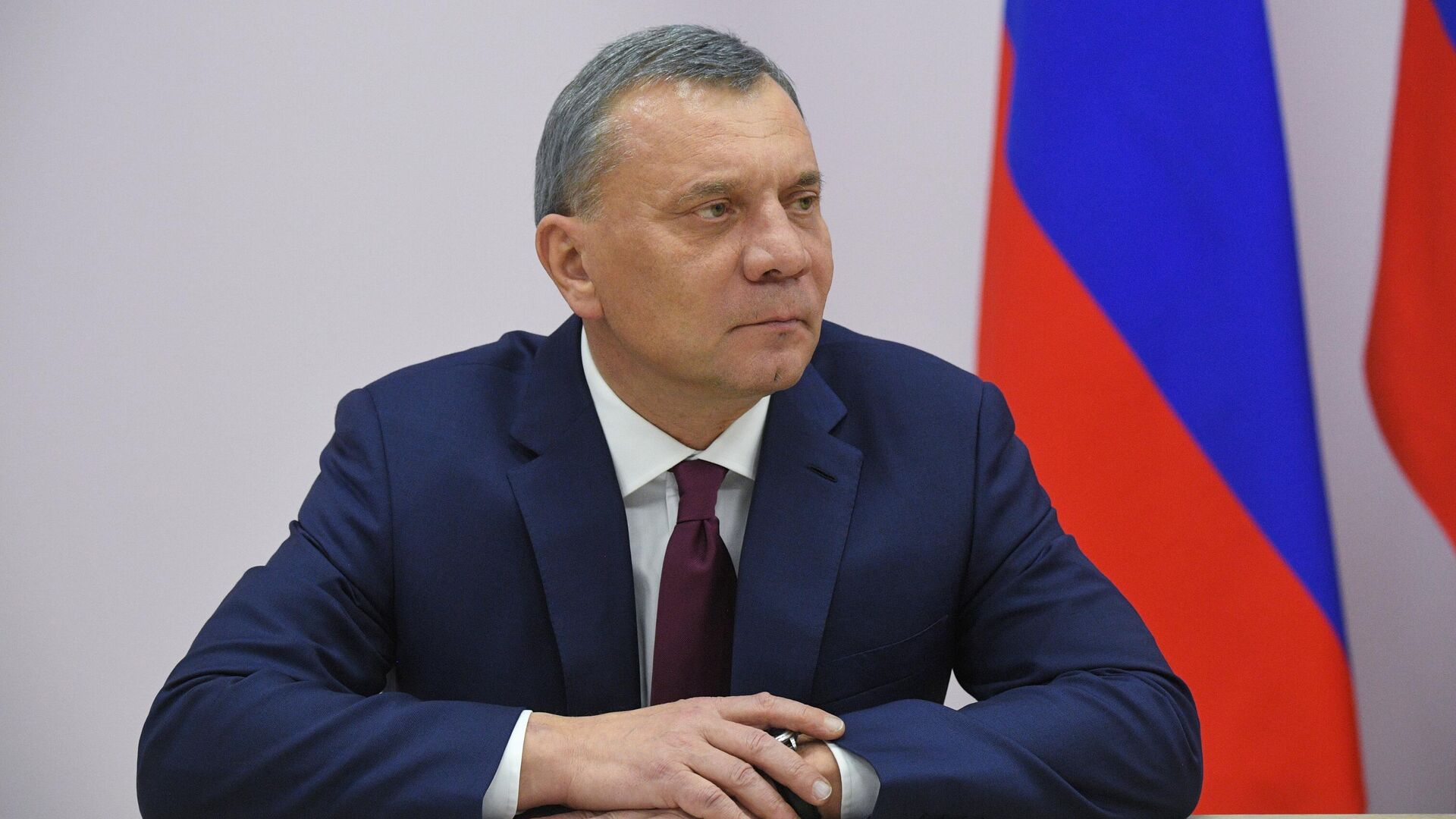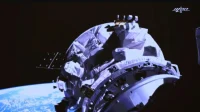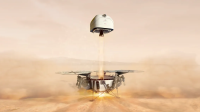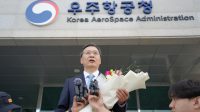Russia aims to establish the core of its new orbital space station by 2030, announced its Roscosmos space agency on Tuesday, signaling a significant shift as it prepares to depart from the International Space Station (ISS).
Roscosmos head Yuri Borisov approved a timetable with 19 enterprises involved in the station’s creation, outlining plans to launch an initial scientific and energy module in 2027. The schedule includes adding three more modules by 2030, followed by two additional modules between 2031 and 2033.
“The new station will enable Russia to solve problems of scientific and technological development, national economy, and national security,” Roscosmos stated, citing limitations on the Russian segment of the ISS due to international agreements.
Russia has been a key partner in the ISS, but announced plans in 2022 to withdraw and develop its own station amid strained relations with the United States, particularly after its invasion of Ukraine. Initially set to exit the ISS by 2024, Russia extended its participation until 2028.
In addition to module design and manufacture, Borisov’s approved timetable includes testing a new-generation crewed spacecraft, and developing rockets and ground-based infrastructure.
“We are proud of our space program’s legacy since Yuri Gagarin’s historic flight,” Roscosmos noted, referencing the Soviet cosmonaut’s pioneering journey in 1961. However, Russia faced setbacks last year with the failure of its first lunar mission in decades.
The mission’s uncrewed spacecraft encountered issues and crashed into the moon‘s surface, highlighting challenges amid ambitious space exploration endeavors.






